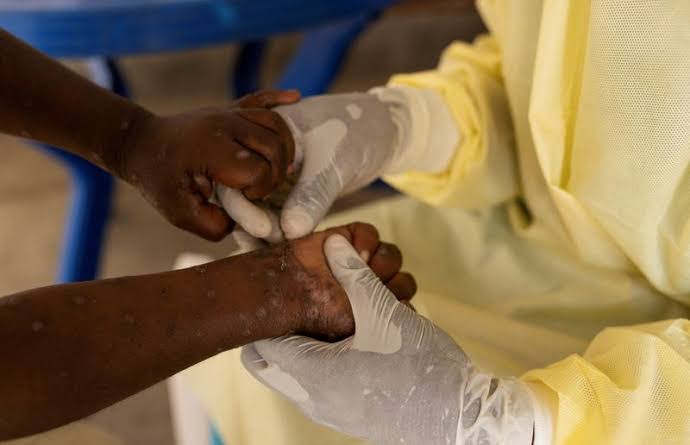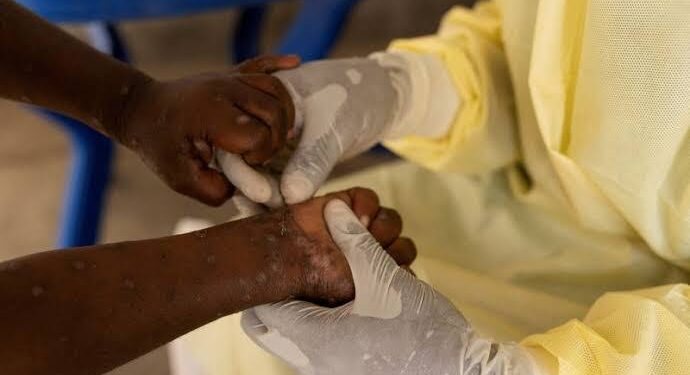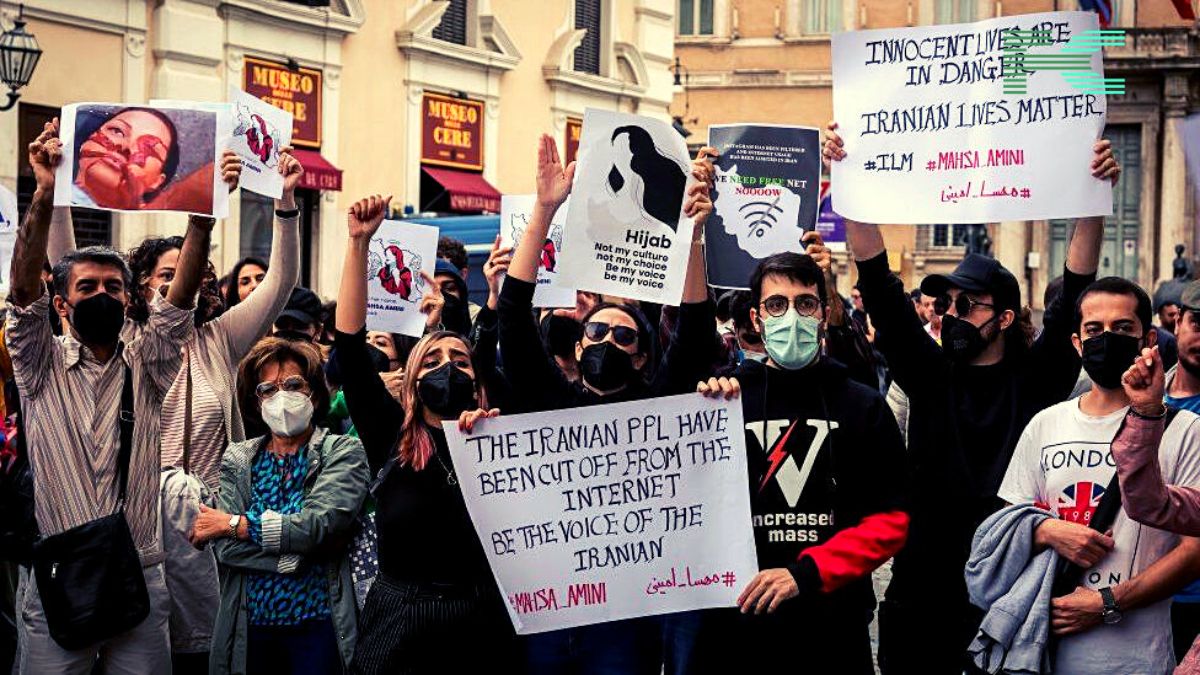The Lagos State administration has launched a comprehensive campaign against the Mpox virus, focusing on the new clade 1B strain, prevalent in Central Africa.
This project, led by Governor Babajide Sanwo-Olu, includes major players such as the World Health Organisation, the National Institute for Medical Research, and local health care providers.
Professor Akin Abayomi, the Commissioner for Health, declared: “We have been given the mandate to protect Lagos from the potential threat of the M-pox clade 1B, a more aggressive strain currently spreading in Central Africa.
“ He also announced that the campaign includes the activation of an Emergency Operations Centre and a public health awareness drive.
Lagos does not currently have any cases of M-pox, but Abayomi noted that the state’s large population and international links make it possible for the new form to be imported. To lessen this threat, the campaign will prioritise public education, early detection, and prevention.

Abayomi emphasised the state’s proactive strategy, which has previously proven successful against outbreaks such as Ebola and COVID-19.
“Lagos is preparing, not just for the local M-pox strain, but for the potential introduction of this new variant that could disrupt our economic and social stability,” said the mayor.
The state will continue to closely monitor the situation and change its strategies as necessary to defend the health and safety of its inhabitants.
In Essence
The involvement of major health institutions like the World Health Organisation and the National Institute for Medical Research shows the seriousness of the threat posed by this new strain. By focusing on early detection, prevention, and public education, the campaign aims to mitigate the risk of the virus spreading to Lagos, which, due to its population size and international connections, is particularly vulnerable to the importation of diseases.
Professor Akin Abayomi’s emphasis on a proactive strategy is crucial. Lagos has demonstrated its capacity to effectively manage health crises in the past, and this campaign builds on that experience.
The activation of an Emergency Operations Centre and a public awareness drive are essential components of this approach, as they ensure that the state is not only prepared to respond swiftly to any cases but is also working to prevent them from occurring in the first place.

















